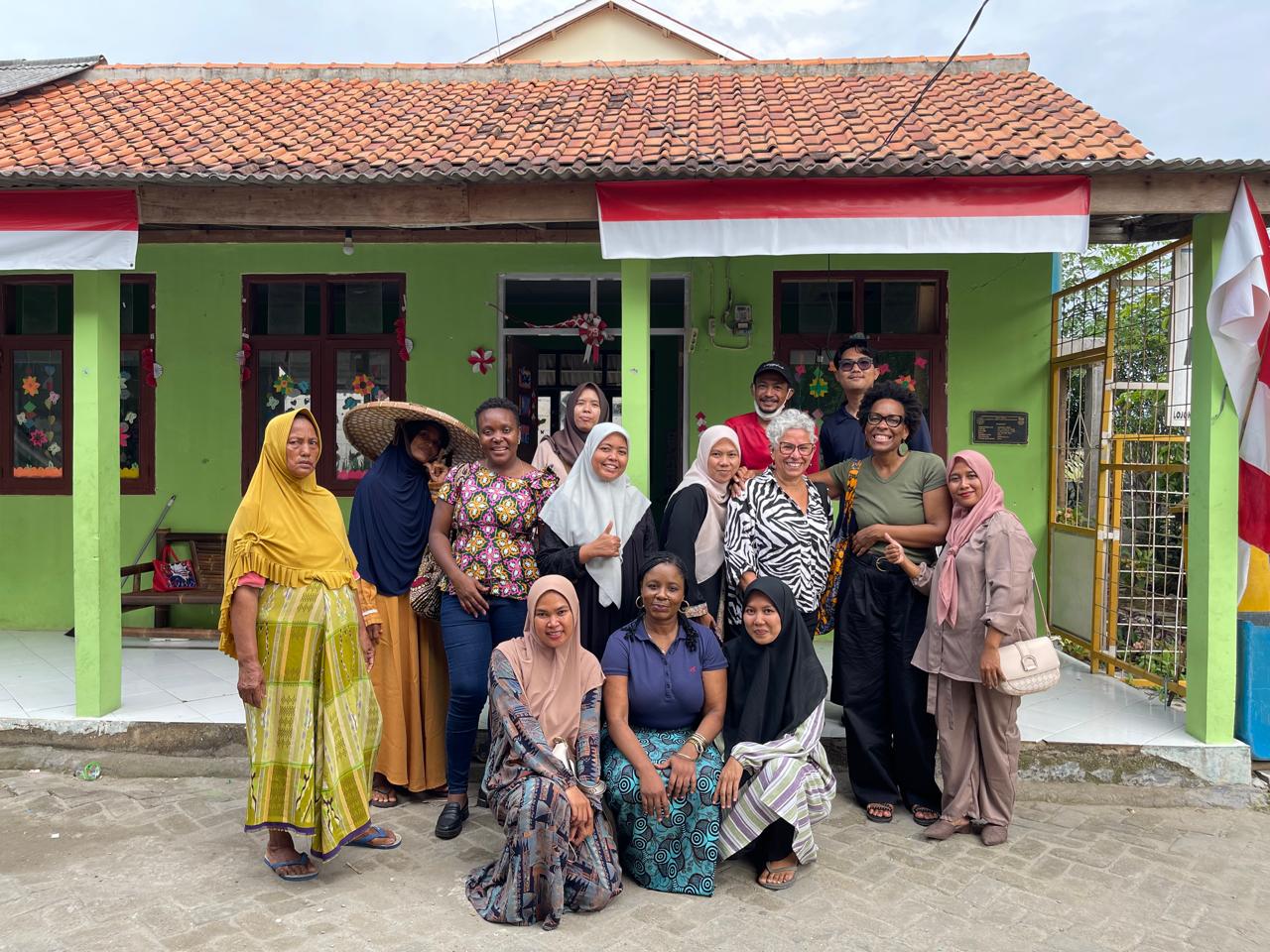
Strengthening women’s economic resilience: a global learning exchange in Indonesia
In November 2024, G@W, the PEKKA Foundation and OPHENTA came together in Indonesia for a learning exchange as part of the Power Up! programme
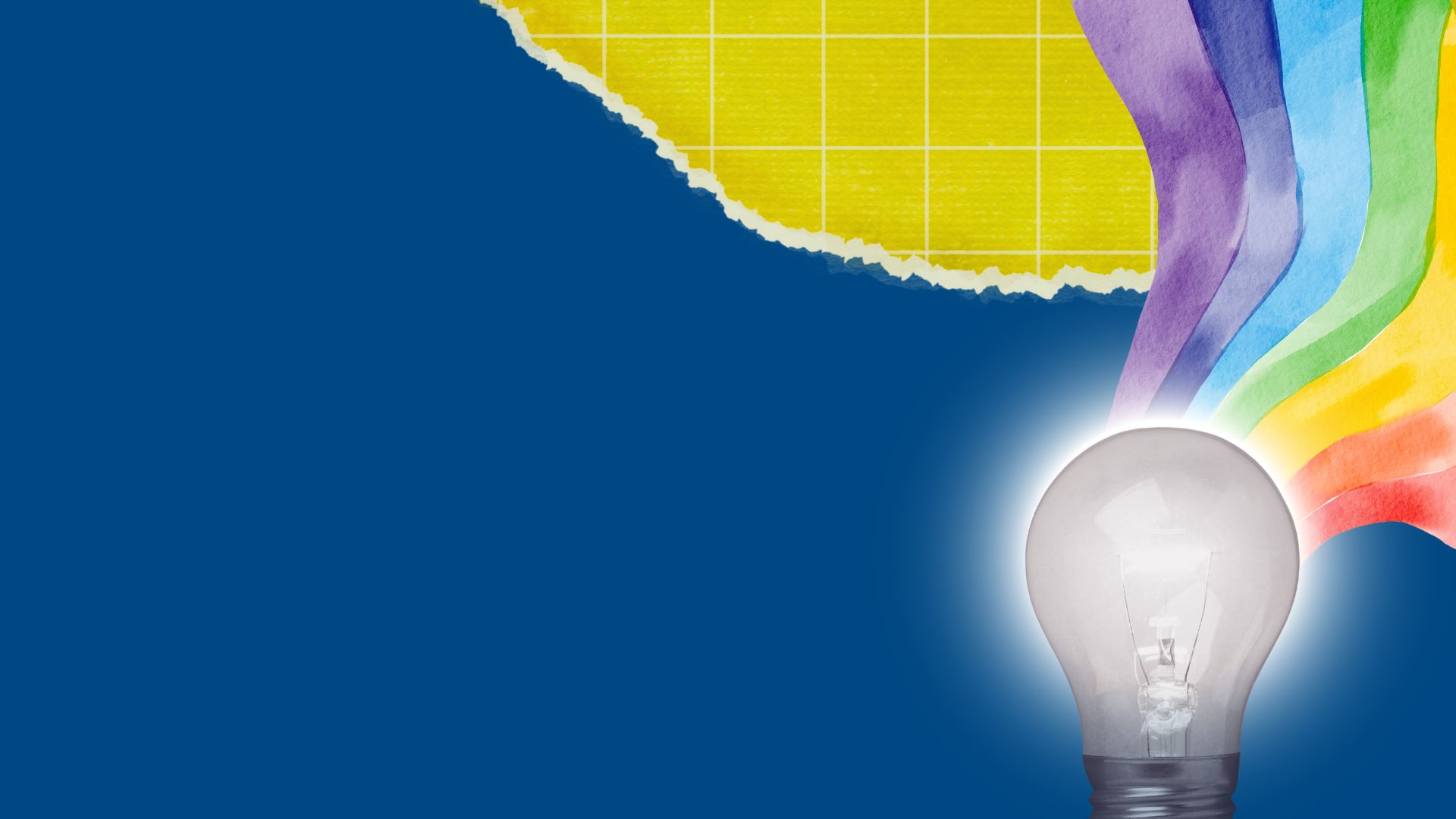
At Gender at Work, we are committed to reflection as both a political and pedagogical act, using it to reveal insights, challenge assumptions, and adapt our practices. Our approach to learning is emergent: shaped by context, grounded in feminist values and open to the unknown. We see learning as both a method and a muscle: something strengthened through practice, vulnerability and shared reflection.

In November 2024, G@W, the PEKKA Foundation and OPHENTA came together in Indonesia for a learning exchange as part of the Power Up! programme
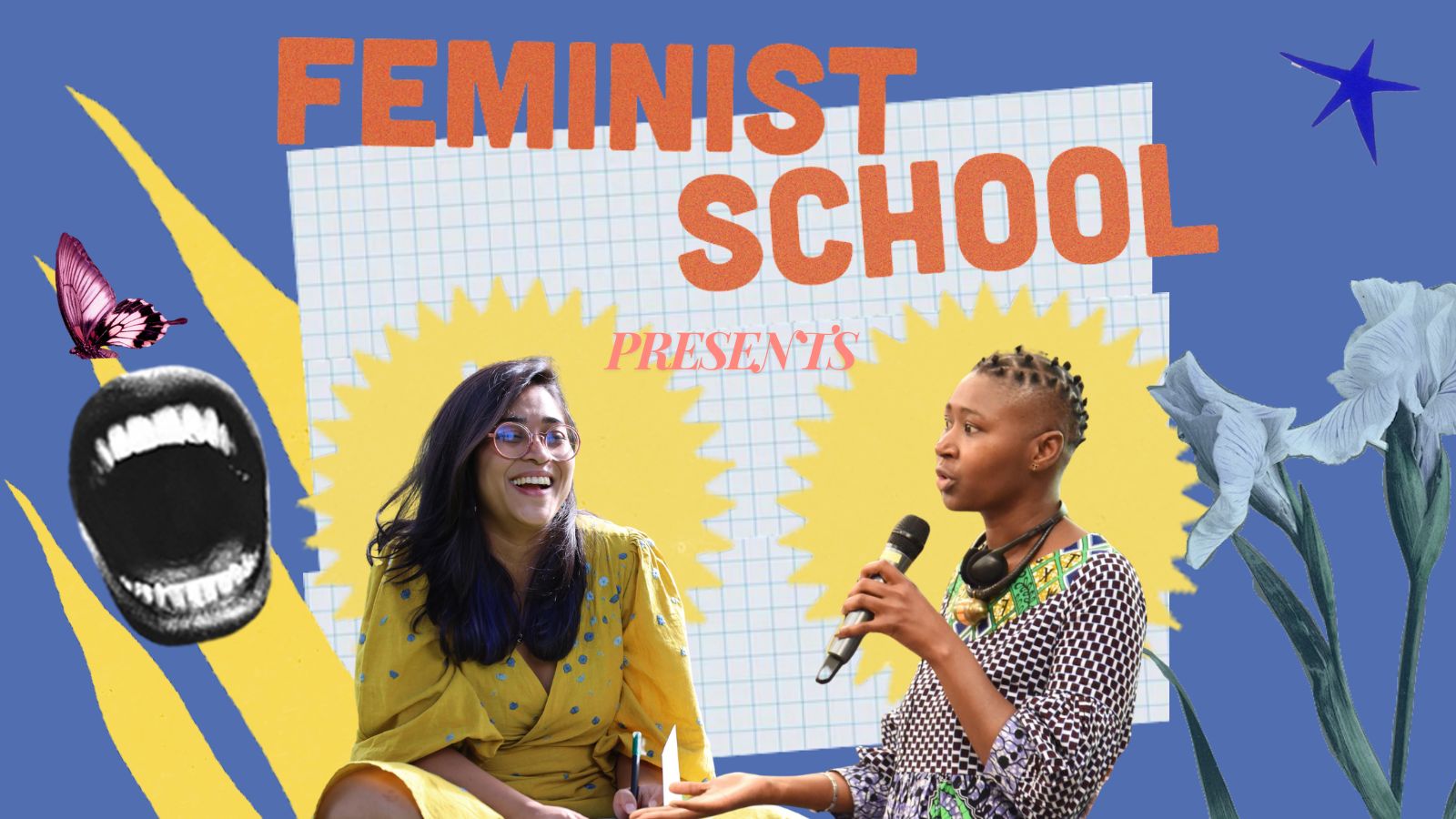
Two of the many minds and hearts behind the Feminist School – Aayushi Aggarwal and Khanysa Mabyeka, both inspiring feminists and Associates at Gender at Work – share about the story of FS, what excites them about being involved in it, their learnings and experiences in shaping its curriculum, the challenges they encountered along the way as facilitators, and much more.

In this final blog in the “Keeping the light on: Reflections on GEI and AI in Africa” series, the Peer Learning Journey facilitators Ethan Gilsdorf, David Kelleher, Khanysa E. Mabyeka, Lucía Mesa Vélez and Marie-Kate Waller share their learning from accompanying AI4D hubs and labs across the two-year PLJ process.

In this sixth blog in the “Keeping the light on: Reflections on GEI and AI in Africa” series, Sam Rex Sagoe Babo writes about how listening to women and other marginalized groups to co-create AI technologies in agriculture and food significantly shifted his research approach. He describes taking on a “design-by-inclusion” methodology in all his research through co-creation to bring diverse voices for more responsible, ethical and inclusive AI.
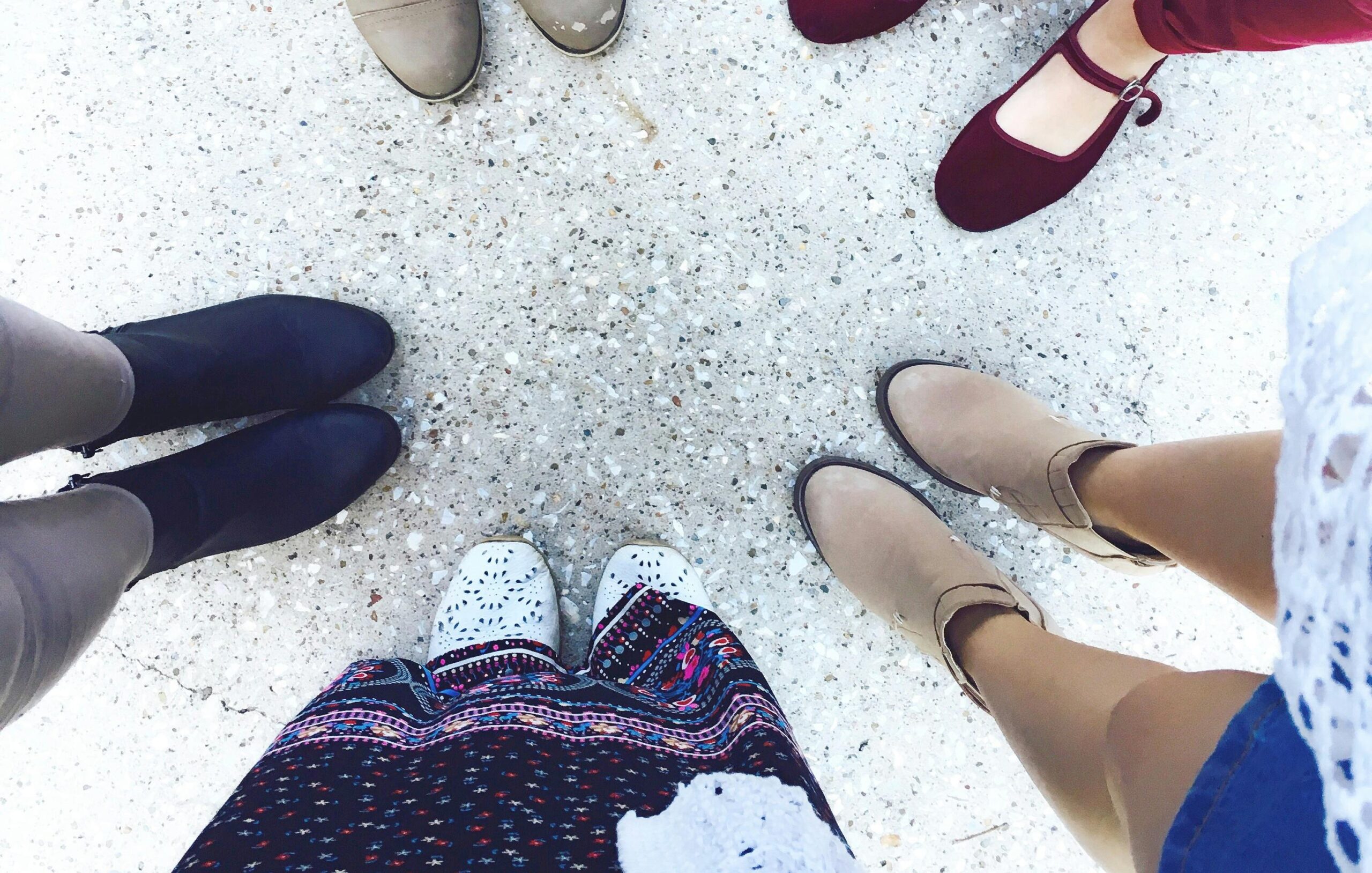
In this fifth blog in the “Keeping the light on: Reflections on GEI and AI in Africa” series, Dr Elizabeth Oseku, project coordinator for the Hub for Artificial Intelligence in Maternal, Sexual and Reproductive Health in Sub-Saharan Africa (HASH), part of AI4D, reflects on her personal and hub’s journey to put herself in the shoes of the diversity of people with sexual and reproductive health needs. She thinks about the importance of more intersectional data in AI driven solutions.

In this fourth blog in the “Keeping the light on: Reflections on GEI and AI in Africa” series, Gloriana Monko, an avid AI practitioner, PhD researcher and Liaison Manager/Gender Coordinator of Africa’s Anglophone Multidisciplinary Research Lab, a part of AI4D, reflects on her lab’s journey to challenge traditional STEM education in the “Girls in AI” initiative.

In this third blog in the “Keeping the light on: Reflections on GEI and AI in Africa” series, Thummim Iyoha-Osagie, a Lawyer, PhD Student, and Research Program Manager at the Hub for Artificial Intelligence in Education (Edu AI Hub) reflects on finding meaning and relevance in her hub’s ‘Change experiment’ to co-create with sub-grantees ways to bring user and design communities closer together for AI for education.

In this second blog in the “Keeping the light on: Reflections on GEI and AI in Africa” series, Joel Nwakaire, an Engineer, professor at ATPS and Project Officer of the Responsible Artificial Intelligence for Agriculture and Food Systems Innovation Research Network (AI4AFS), part of AI4D, reflects on his own biases about gender and abilities that he learned in childhood. He comes to realise that similar discrimination and inequities structure his own academic and research worlds such as few women in AI, and by extension, against women farmers and farmers living with disabilities. He shares his journey to valuing the knowledge of women farmers and PLWDs in co-creating AI tools for and with these farmers to champion more diverse workplaces in AI related fields.
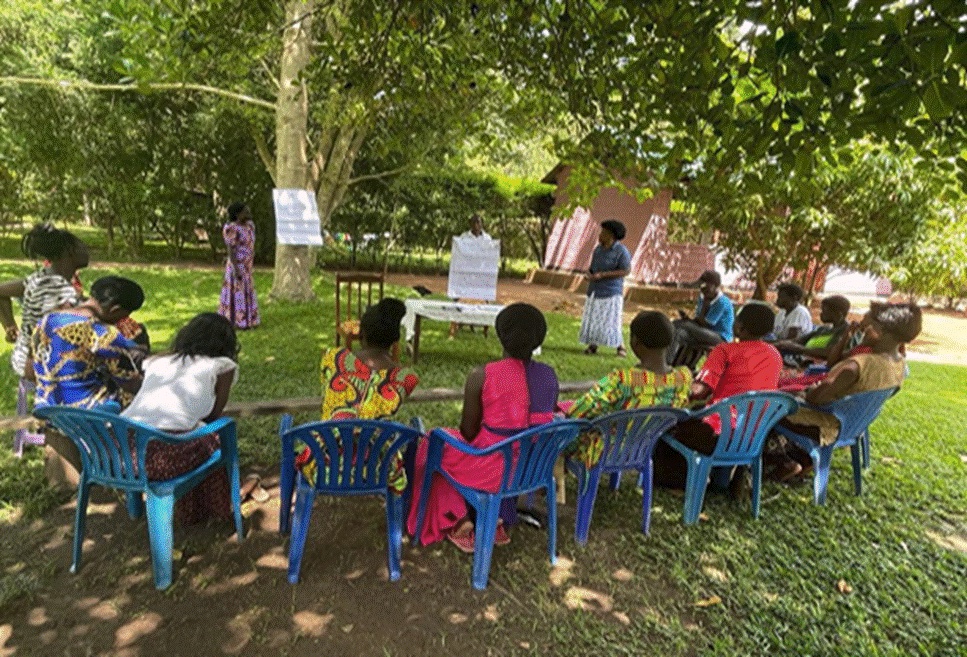
In this first blog in the “Keeping the light on: Reflections on GEI and AI in Africa” series, Daisy Salifu, a biostatistician at the International Centre of Insect Physiology and Ecology (icipe) Data Management, Modelling and Geo-information unit, reflects on her own “aha moments” finding meaning and relevance of GEI in her own AI work in the agriculture and food systems field, implementing inclusion-by-design with women farmers and people living with disabilities in Uganda and Nigeria.

G@W Senior Associate Michal Friedman reflects on the benefits of peer learning, action learning, emergent learning approach for organisations
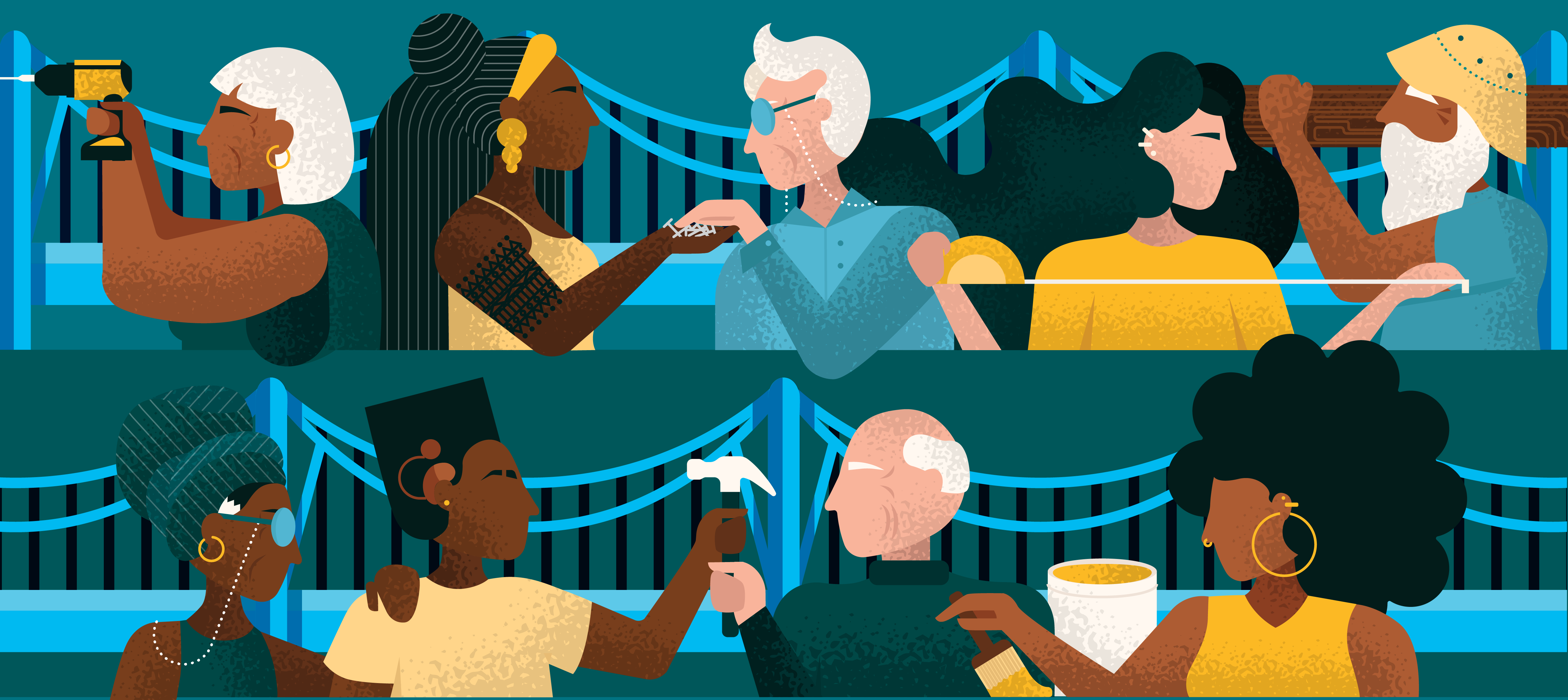
G@W Senior Associate David Kelleher reflects on his work with IDRC to advance gender equality in development research.
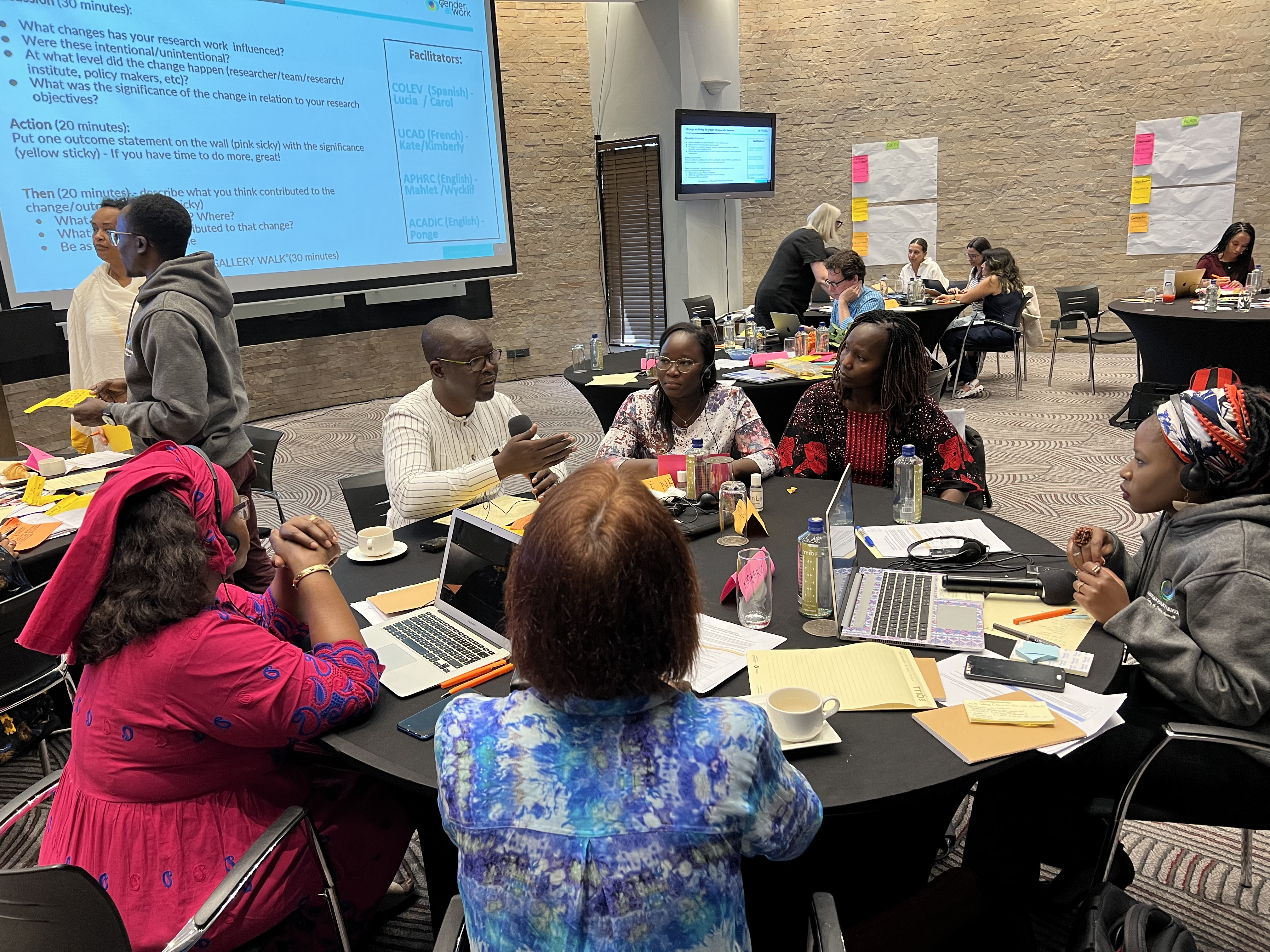
In this final blogpost of the AI Research and COVID: Journeys to Gender Equality and Inclusion series, Carol Miller and Marie-Katherine (Kate) Waller reflect on the key threads of this blog series that emerged from Gender at Work and research grantees’ collaboration in an 18-month gender action learning process in the AI4COVID program. They also highlight how researcher journeys, and the GAL process demonstrated the importance of creating safe spaces for learning and the value of multidisciplinary collaboration in supporting social transformation.